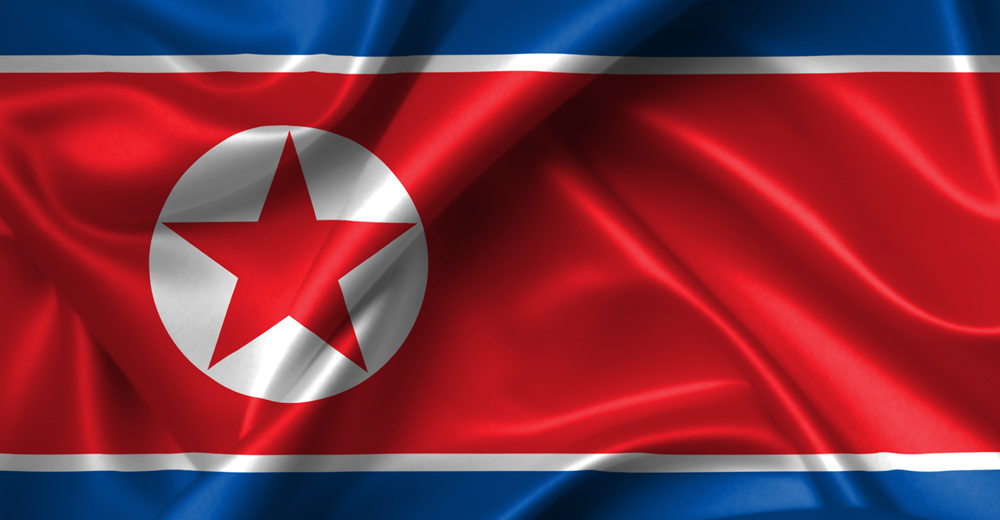Crackdown on oil smuggling
March 31, 2018 | Expert Insights

The United Nations has released a blacklist of a number of entities with links to smuggling valuable resources into North Korea. This ban is part of an ongoing series of international sanctions against the nation due to their nuclear and ballistic missile programs.
Background
The modern nation of North Korea exists in self-imposed isolation. It runs on a totalitarian system under the dictatorship of Kim Jong-un.The North Korean nuclear program has been a source of concern for the US and the international community for decades. North Korea conducted nuclear tests in 2006, 2009, 2013 (atomic bombs), and twice in 2016 (reportedly hydrogen bombs). In July 2017, North Korea successfully test launched two intercontinental ballistic missiles (ICBM). The state media announced that the first ICBM, which was launched on July 3d, was a “gift” to America.
After North Korea test launched a second ICBM, the UN Security Council unanimously imposed fresh sanctions on the country. These sanctions can significantly hurt North Korea’s $3 billion annual export revenue. However, this did not deter North Korea. In August 2017, it flew a missile over Japan and called it the “first step” in its Pacific operations. It also conducted a nuclear test that triggered an earthquake of 6.3 magnitude.
The nuclear test was condemned by the United Nations. The US sought to impose fresh sanctions on North Korea to exert financial pressure on the nation to force it to back down from its nuclear program. In September last year, the UN imposed its harshest sanctions on the nation yet. Currently, there is a ban on textile exports and a call to reduce oil imports by 30%. Other export bans include coal, iron, lead, and seafood. There is also a ban on hiring North Korean workers overseas.
Sanctions against North Korea are often resisted by China and Russia, the country’s most influential allies. The former is North Korea’s largest trading partner. However, Pyongyang’s exports to Beijing have reportedly fallen by 35%. Overall, it is speculated that North Korea’s global exports have dropped by 30% due to sanctions.
Diplomatic ties between North Korea and other nations have improved since the Pyeongyang Winter Olympics, which were hailed as the “Peace Olympics” earlier this year. President Kim Jong-Un recently concluded “successful talks” with Xi Jinping, and has arranged to meet with President Trump. Kim has stated that he is open to the possibility of denuclearisation.
Analysis
The United Nations has now imposed an international ban on 27 ships, 21 companies, and one individual over ties with Pyongyang. The sanctions were approved by the North Korea Sanctions Committee this week. These sanctions will hit 16 companies in North Korea, as well as entities in Hong Kong, China, Taiwan, Singapore, Panama, Marshall Islands, Panama, and Samoa.
The entities shortlisted are reportedly involved in smuggling fuel and other valuable commodities to the country. Coal is also smuggled out of the nation due to an export ban. Entities on the blacklist will face a worldwide ban from ports, and have their assets frozen. The Taiwanese individual, Tsang Yung Yuan, faces a travel ban for coordinating “North Korean coal exports with a North Korean broker operating in a third country,” according to the UN. He also “has a history of other sanctions evasion activities”.
Nikki Haley, US ambassador to the United Nations, stated that the blacklist is intended to prevent illegal smuggling of oil into the nation. “The approval of this historic sanctions package is a clear sign that the international community is united in our efforts to keep up maximum pressure on the North Korean regime,” Haley said.
Even as Washington and Seoul have begun to open diplomatic ties with the Kim regime, the two nations have remained firm on denuclearisation and continued sanctions. On Wednesday, US President Trump tweeted, “maximum sanctions and pressure must be maintained.”
There has been some speculation that the upcoming talks between Trump and Kim Jong-Un are a result of the severe sanctions against Pyongyang. BBC Analyst Karishma Vaswani notes, “The regime's elite, who Kim Jong-un needs to keep on side for his legitimacy, won't like [the sanctions]… But more unnerving for Pyongyang could well be how much worse things may become.”
Assessment
Our assessment is that UN sanctions have put a significant amount of economic pressure on North Korea. We believe that the country may attempt to renegotiate these sanctions in upcoming diplomatic meetings. However, as stated previously, we believe that Pyongyang may not pursue denuclearisation, as nuclear weapons are its primary bargaining chip with the international community.








Comments